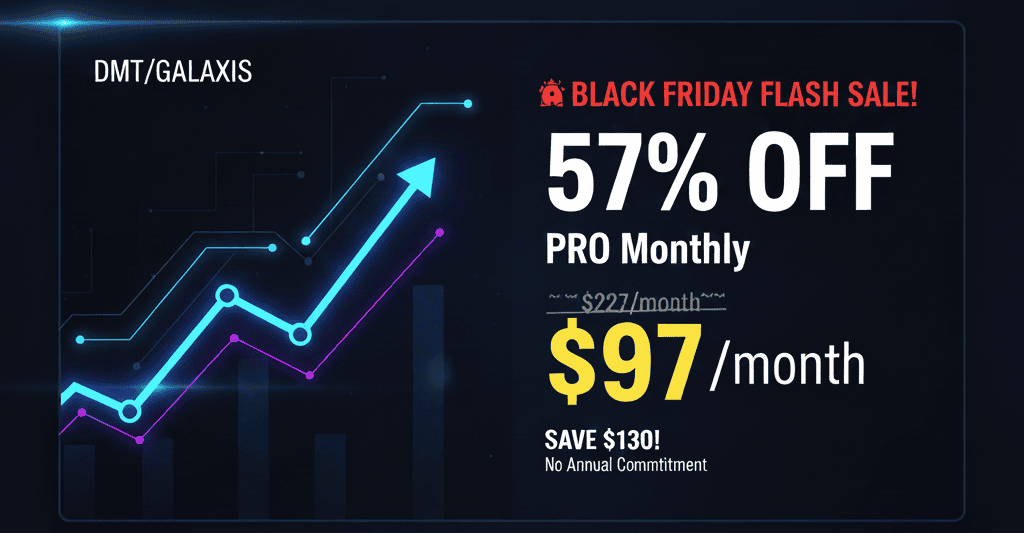Criteria for Choosing a Global Content Management System
Selecting the right global content management system (CMS) is essential for managing digital content across diverse markets. The criteria for choosing a global content management system should focus on functionality, scalability, and localization capabilities.
Key Features of a Global CMS
When evaluating a global CMS, prioritize features that facilitate seamless content creation and distribution. Essential features include:
Multilingual Support: Ensure the CMS can handle multiple languages efficiently. A robust system should allow easy translation and adaptation of content to meet local market needs.
User Interface Design: Look for intuitive design elements that cater to different user groups within your organization. A well-designed interface enhances usability and reduces training time.
API Functionality: Choose a CMS with strong API capabilities to integrate with existing tools and platforms effectively. This flexibility supports enhanced workflows and data exchange between systems.
Expect these features to streamline your content operations so you can enhance user engagement globally.
Evaluating Scalability
Scalability is crucial when selecting a CMS that will grow with your business needs. Consider the following aspects:
Performance Under Load: Assess how the CMS performs during peak traffic periods. It should maintain speed and reliability regardless of user volume.
Content Volume Management: Determine if the system can handle increasing amounts of content without degradation in performance or user experience.
Cost Structure: Understand pricing models associated with scaling up, including potential costs for additional storage, bandwidth, or feature upgrades.
By ensuring scalability, you position your organization to adapt to changing demands effectively.
Importance of SEO in Your Choice
Search engine optimization (SEO) plays a significant role in selecting a global CMS because it impacts visibility across different regions. Focus on these SEO-related criteria:
Built-In SEO Tools: Look for systems that provide integrated SEO functionalities such as metadata management, URL customization, and mobile optimization features.
Localization Capabilities: The chosen CMS should support local SEO strategies by allowing tailored keywords and meta tags specific to each target market.
Analytics Integration: Ensure compatibility with analytics tools that track performance metrics related to search visibility and user engagement across various locales.
A solid SEO foundation allows you to optimize your content strategy effectively so you can reach broader audiences globally.
Checklist for Selecting Your Global CMS
- [ ] Assess multilingual support capabilities.
- [ ] Evaluate user interface design elements for ease of use.
- [ ] Check API functionality specifications for integration potential.
- [ ] Analyze performance under load scenarios.
- [ ] Review cost structures associated with scaling options.
- [ ] Investigate built-in SEO tools available within the platform.
- [ ] Confirm analytics integration compatibility for tracking effectiveness.
Implementing this checklist helps ensure you cover critical factors while assessing potential CMS solutions tailored for international needs.
Frequently Asked Questions
What are common pitfalls when adopting international CMS solutions?
Common pitfalls include inadequate multilingual support, poor integration capabilities with existing tools, and overlooking local regulations affecting digital content distribution.
How can I measure the effectiveness of my selected CMS?
Track key performance indicators (KPIs) such as site traffic from different regions, conversion rates per locale, and overall user engagement levels using integrated analytics tools within the CMS platform.
By focusing on these areas while choosing a global content management system, you establish a strong foundation that accommodates growth while maximizing your digital presence across various markets effectively.
